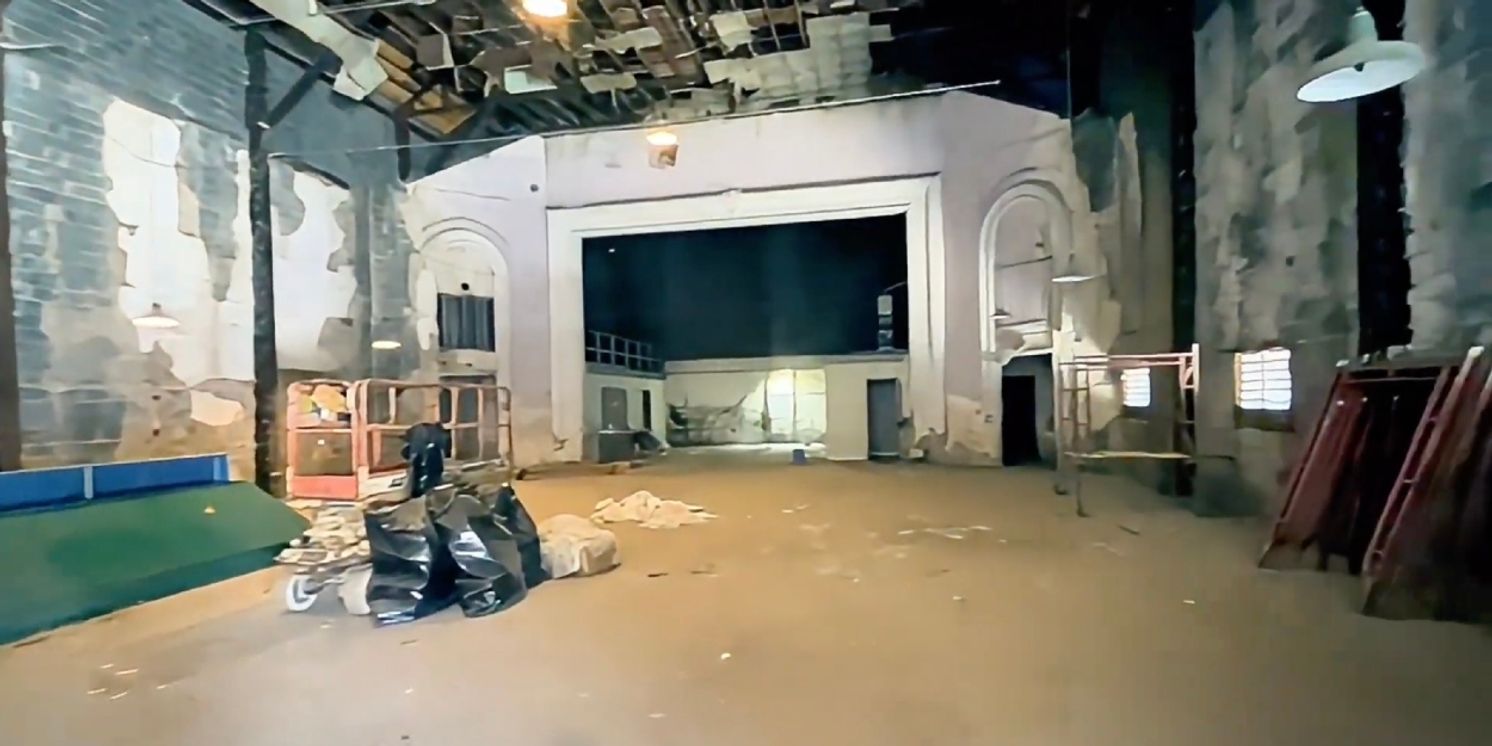Restoration of Historic Boone Theater Signals New Era for Kansas City's 18th and Vine District
$8.7 million project aims to revive the century-old landmark and enhance the cultural corridor.

Kansas City's historic 18th and Vine district is set for a significant transformation as plans move forward to restore the 100-year-old Boone Theater. The $8.7 million development project seeks to return the dilapidated building to its former prominence, reports the Kansas City Star.
The Boone Theater's restoration will create a cultural triangle, positioned near the Negro Leagues Baseball Museum and the American Jazz Museum. Shawn Edwards, a longtime Fox 4 television movie critic and the creative force behind the planned Black Movie Hall of Fame to be housed in the theater, highlighted the project's cultural significance.
"You will have these components of Black culture that put America on the map and became a global phenomenon," Edwards said. "When people visit Kansas City, you have this really cool historical corridor where you can learn about Black culture and how it affected music, sports, and movies."
The effort is being led by Vine Street Collaborative LLC, formed by Shomari Benton, Jason Parson, and Tim Duggan. The group previously revitalized the building at 2000 Vine Street, transforming the city's first public works building into a mixed-use space that includes offices, event venues, the Black-owned Vine Street Brewing Company, and the Warren Harvey Art Gallery.
Construction on the Boone Theater is expected to begin at the end of October, following two years of behind-the-scenes planning that included building stabilization analysis, historic tax credit submissions, and environmental testing. The project heavily relies on federal and state historic tax credits, which account for approximately $3.2 million—or 45%—of the total budget. Duggan estimates that $1.5 million will be dedicated solely to stabilizing the structure at 1701 East 18th Street.
"This is going to be a heavy lift. We need to put together the right group of patient folks to make this work," said Duggan, a founding partner of architectural firm Phronesis. "Through the lens that I have with urban planning, I could see development was coming from a mile away, and it could be done worse, or it could be done by example."
The city sold the building to the collaborative for $10 and is providing a 25-year property tax abatement. The project has garnered support from local officials, including U.S. Rep. Emanuel Cleaver, who emphasized its importance.
"The revitalization of the Boone Theater further cements the 18th & Vine District as one of America's most significant cultural sites," Cleaver said in a statement. "By bringing additional expressions of high culture to the heart of Kansas City's Black community, this project will breathe new life into the area."
Councilmember Melissa Patterson Hazley also expressed enthusiasm: "I am thrilled that the Boone Theater will rejoin the 18th district and be the center of film and theatrical art. This will be a lovely complement to other developments happening in the area."
The restored theater will host performances by the Black Repertory Theater and events by Soul of Santa, among others. Edwards aims to open the Black Movie Hall of Fame in February 2026, with inaugural inductees including Kansas City natives Don Cheadle and Janelle Monáe, as well as Harry Belafonte and Chadwick Boseman.
"This is something I want to live beyond me," Edwards said. "People can go and learn the history of Black cinema, explore it, and be entertained by it."
Originally opened as the New Rialto Theater in 1924 and later renamed in honor of pianist John "Blind" Boone, the theater was converted into an armory in the 1940s and decommissioned in 1978. Previous efforts to revive the building were unsuccessful, but the current project represents a concerted push to restore the 18th and Vine district to its former glory as a nationally recognized cultural corridor.
Videos

